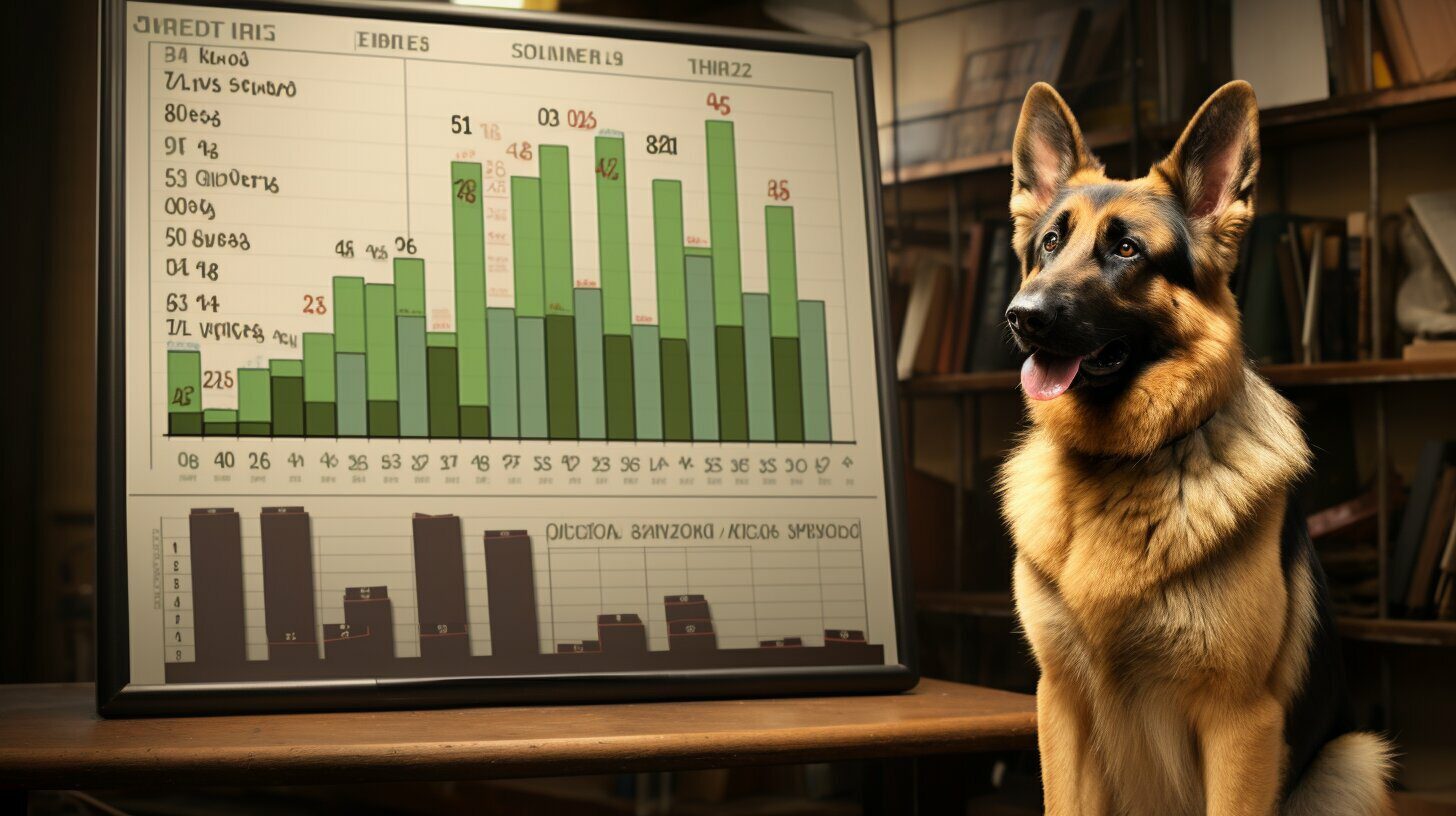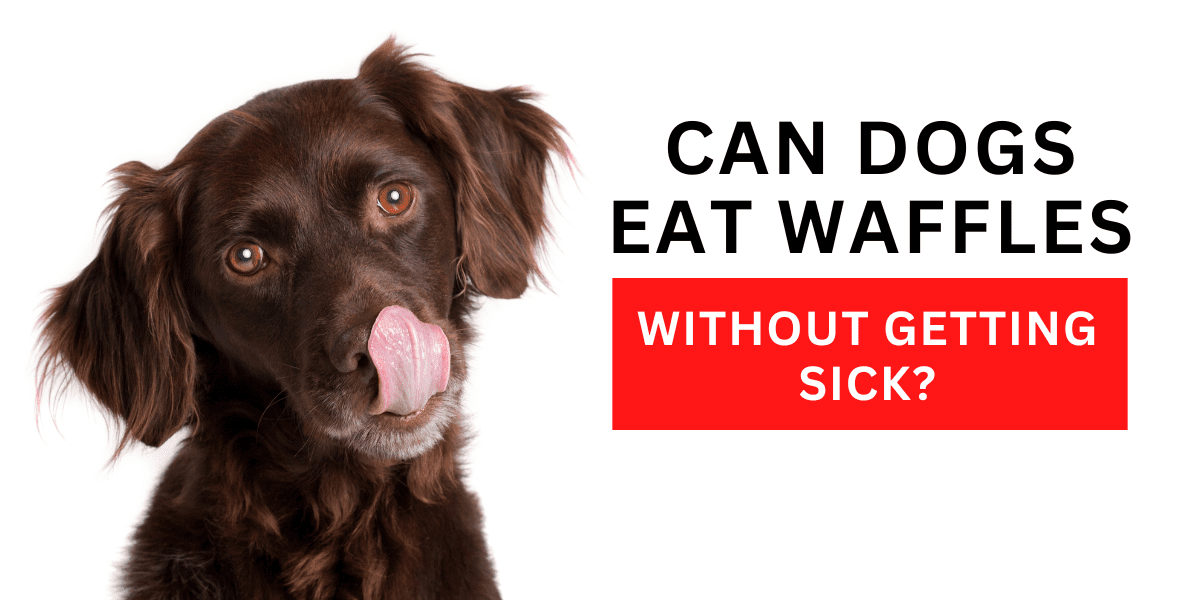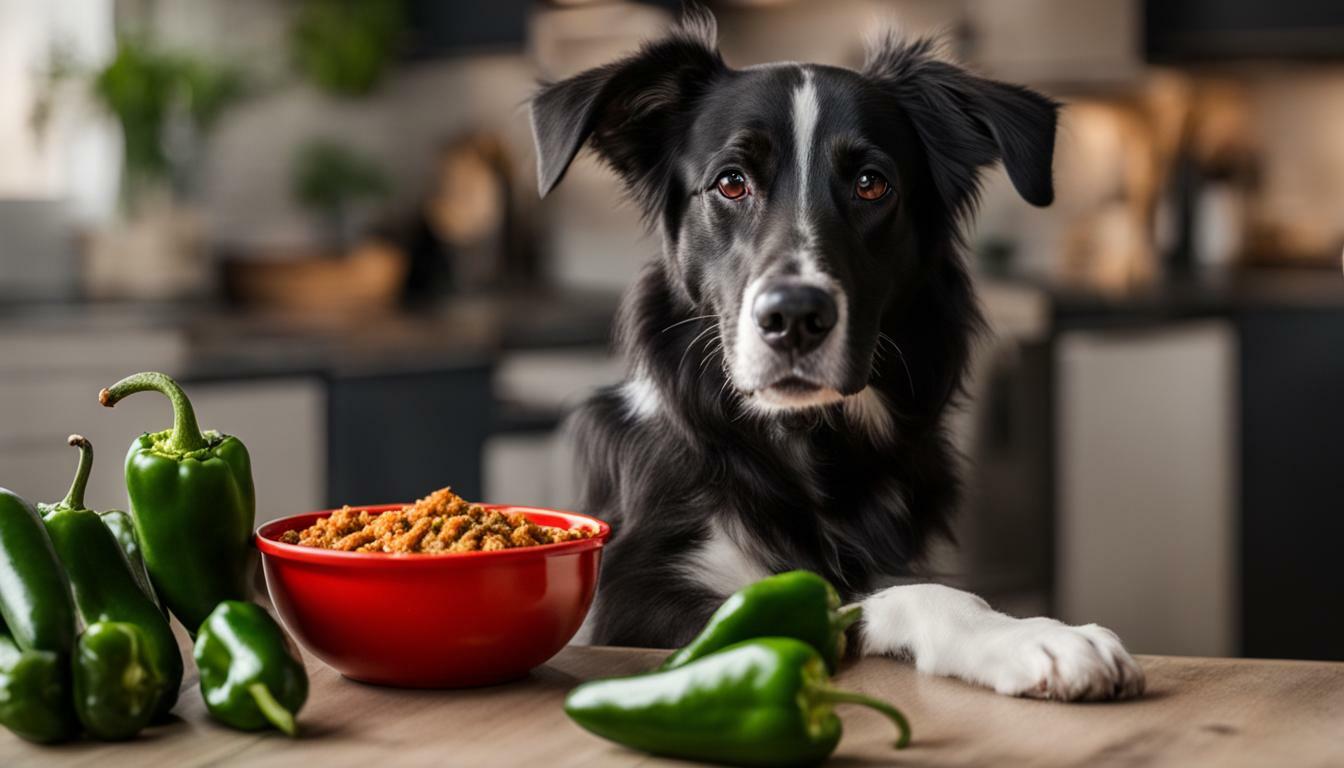Can dogs eat peaches? Dr. Bernadine Cruz, a veterinarian with Laguna Hills Animal Hospital in California explains why you need to be careful when giving them this juicy summer snack!
Can Dogs Eat Peaches?
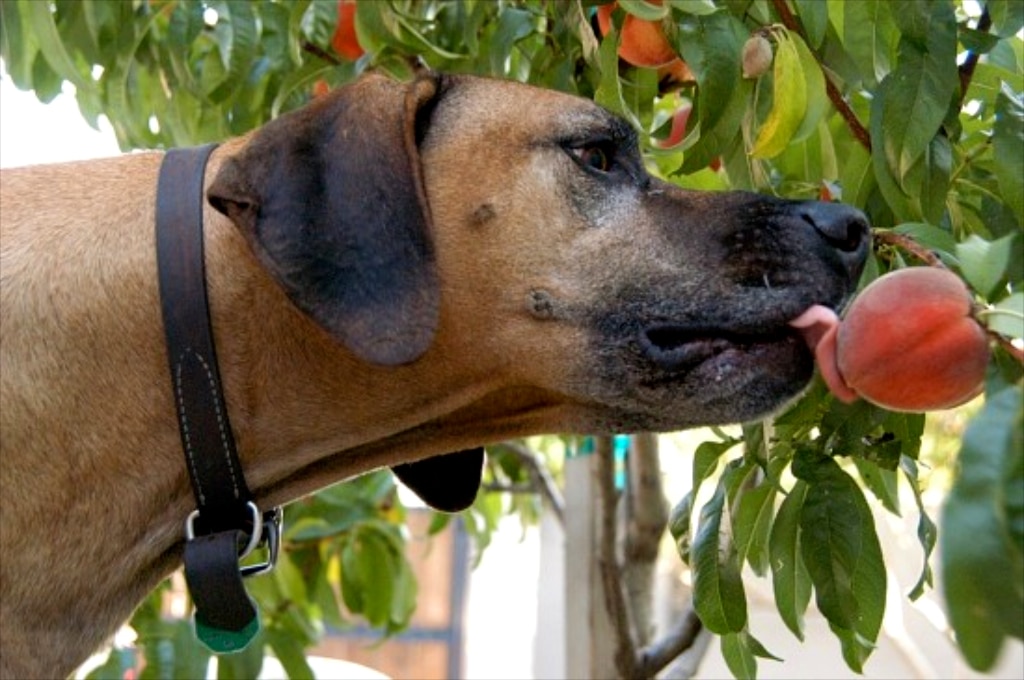
The answer is both yes and no. Yes, your dog can safely consume the peach flesh; but like people, they should not ingest anything else on or around them including leaves, stem pieces (including woody parts), fuzz/hair of any kind as well the pit.
To find out the safest way to feed your pup peaches, you should know why certain parts of the fruit are good and bad.
Why peaches are good for dogs?
Nutritionally, peaches are a great treat for your pup. “Peaches are rich in vitamins A and C” explains veterinary Dr. Cruz. Peaches also contain other nutrients such as Vitamin E, K, niacin (vitamin B3), folate (B9) iron, choline, potassium, magnesium, phosphorus, manganese, zinc, and copper which contribute towards overall dog nutrition too!
So, giving your pup a piece of peach flesh every now and then is definitely worth it.
Why peaches are bad for dogs?
If you do decide to give your dog peaches, be careful about the parts of the fruit that you serve. Dr. Cruz warned that some fruit, such as peaches and cherries, should be given with caution due to the risk of choking on their hard central stones (pits).
Peach pits for dogs
Dr. Cruz says that peaches, cherries, plums, nectarines, and mangoes all contain a naturally occurring form of cyanide so the fruit can have some sort of protection from animals who want to eat it. There are more toxins in the pit of a peach than cherries, according to Dr. Cruz. Chewing on or biting into these pits releases extra doses of this toxin that could cause problems.
If your dog is even tempted by a peach, then there’s no doubt that they will enjoy it. However, you should avoid the stems and leaves of peaches because these also contain cyanide which can be very dangerous for dogs.
Look out for signs of cyanide poisoning if your dog eats a peach pit. Symptoms include:
•Skin irritation
•Difficulty breathing
•Vomiting
•Coma
Peach pits are not only poisonous, but they’re also a choking hazard and could result in intestinal blockage. Dr. Cruz said that larger pits, such as those found in peaches, apricots, and nectarines can get stuck in your pet’s throat, stomach, or intestines which may lead to them showing symptoms days after the initial ingestion of a pit.
What to look out for if you suspect your dog has swallowed a peach pit.
•Vomiting
•Lack of appetite
•Constipation
•Diarrhea
It’s super important to see your vet immediately if you suspect gastrointestinal obstruction, as it can be deadly. Dr. Cruz explained that a pit can cause an obstruction in the intestines and break down, releasing bacteria into the abdominal cavity causing septicemia- a life-threatening infection.
Peach fuzz for dogs
Dr. Cruz said that the fuzz is not a problem, but some dogs may have mild oral allergies to it. If your dog eats peach skin, it may experience symptoms of an allergic reaction. The dog might salivate excessively, rub its face, make multiple smacking motions with the mouth, or refuse to eat.
How to prepare peaches for dogs
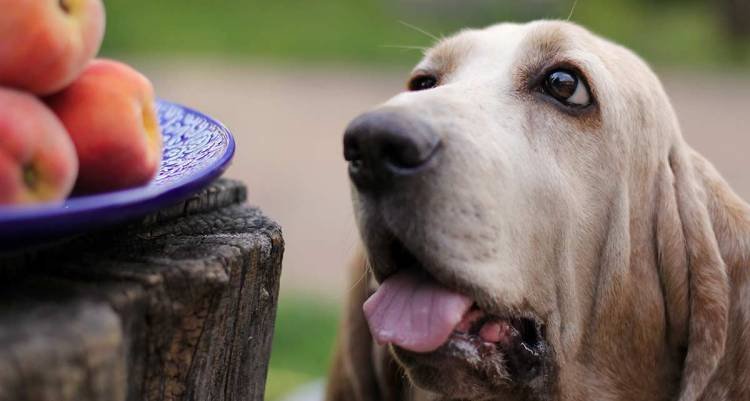
Despite the fact that peach pits, stems, and leaves can be dangerous to your dog if ingested, you can still give them some peachy flesh. Just remember not to overdo it. Dr. Cruz suggests that for the safest way to feed your pup peaches you should remove the pit, cut it into bite-sized pieces, and also remove its fuzz to avoid an allergic reaction. Dr. Cruz suggests that pet parents use good judgment in how much to give their pets when it comes to fruit, as too much can lead to intestinal upsets.
Dr. Cruz recommends giving your dog fresh fruit rather than canned or preserved, as this is better for them and will contain less sugar. You should be aware that some low-calorie processed fruits may have xylitol in them which can be toxic to dogs.
If you know someone who might like this, please click “Share”!




